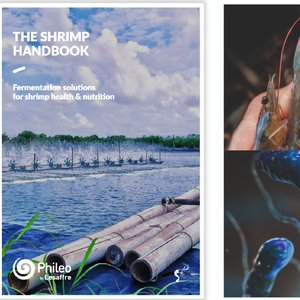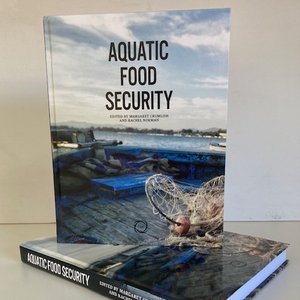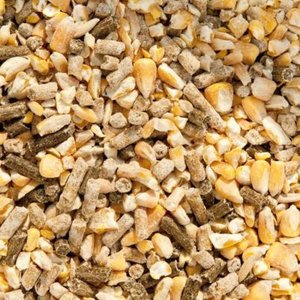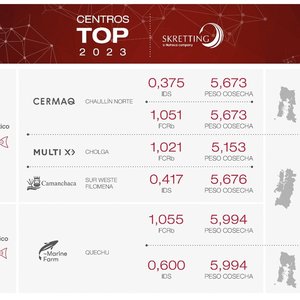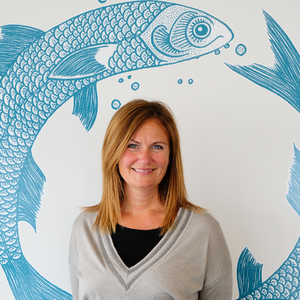A new report released by the Rainforest Foundation Norway links Brazilian soybean suppliers to deforestation, slave labor and a host of other serious issues.
The report focuses on the soy production chain of the companies Caramuru, Selecta and Imcopa, which supply soy that is used to provide fish feed for Norway’s salmon industry.
“This study reveals instances where soy suppliers of these three companies have been found to practice illegal deforestation and use slave labor. It also presents evidence of land conflicts, irregularities in pesticide use and the advance of soy cultivation over indigenous lands. All these problems are directly or indirectly related to the soy business network that links Brazil to the Norwegian market.”
“We have not seen the report, but if the findings appear to be true, this is serious,” stated Jan Sverre Røstad, Vice President of Biomar.
According to the report, “the Norwegian salmon industry is highly dependent on soy cultivation in Brazil: The annual import of Soy Protein Concentrate (SPC) by Norwegian aquaculture was 282,448 tons in 2017.3.”
In order to prepare the report, Repórter Brasil conducted interviews with farmers, lawyers, members of civil society organizations, state, federal and labor public prosecutors and members of indigenous groups, as well as public servants from several agencies. “The report also draws on research, studies and information produced by civil society organizations, the corporate segment, and the Brazilian state.”
Click here to read the report.


